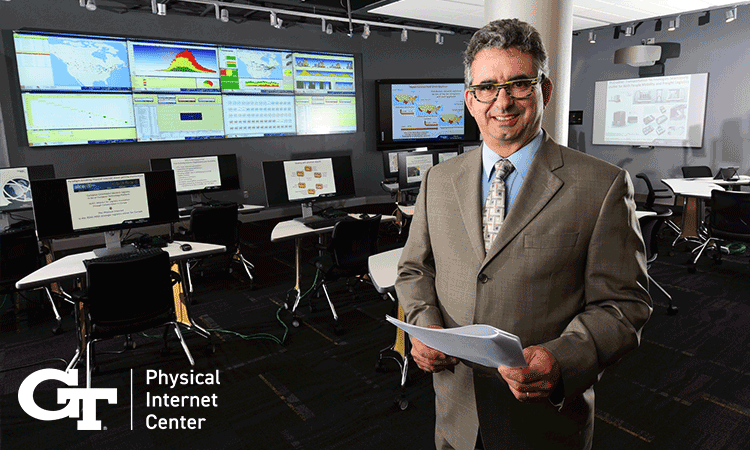
Physical Internet Center
The current global transportation, handling, and storage of physical objects are unsustainable economically, environmentally, and socially. PIC supports the Physical Internet paradigm with the goal is to significantly improve global logistics, reduce energy consumption and pollution, and enhance the quality of life for workers and the population at large.
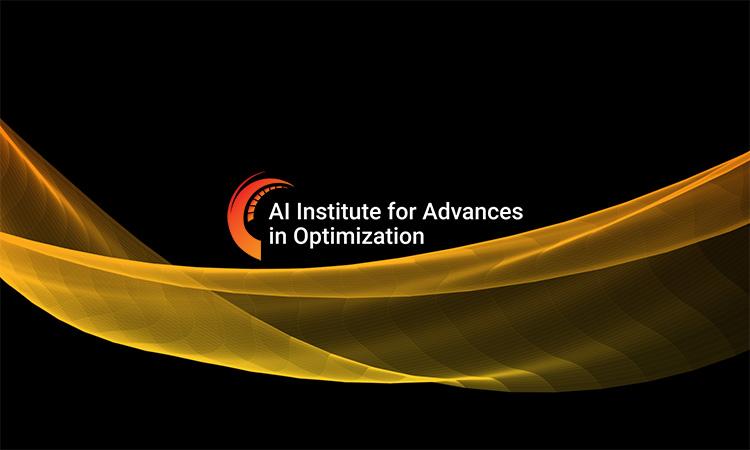
Artificial Intelligence Institute for Advances in Optimization
AI4OPT aims at delivering a paradigm shift in automated decision making at massive scales by fusing AI and Mathematical Optimization (MO), to deliver breakthroughs that neither field can achieve independently. The Institute is driven by societal challenges in energy, supply chains, sustainability, and chip design and manufacturing.
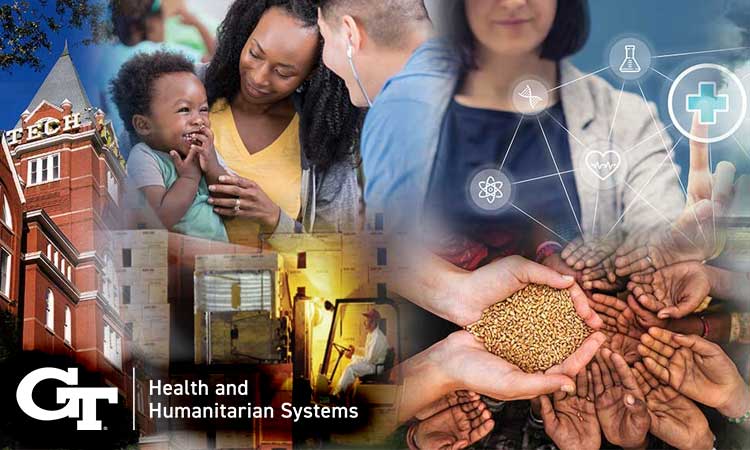
Center for Health and Humanitarian Systems
CHHS, an Interdisciplinary Research Center (IRC), aims to transform health and humanitarian systems through a global commitment to education, outreach and innovative solutions. The Center coordinates various research, outreach and educational efforts to improve humanitarian relief planning, capacity building and effective management of response activities.
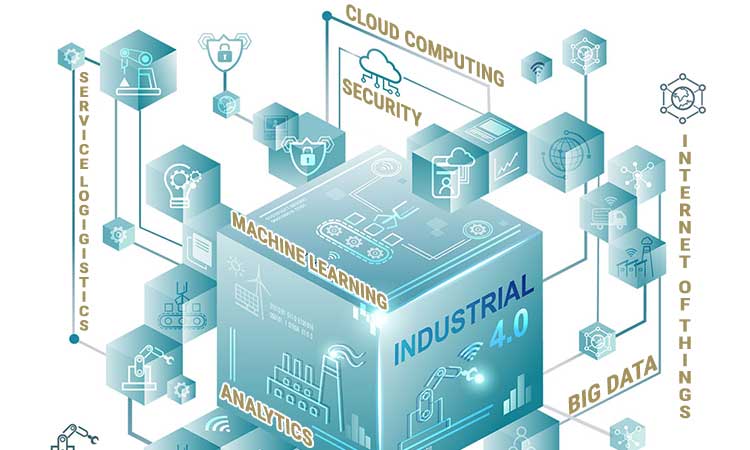
Center for Predictive Analytics and Intelligent Systems
Research at PAIS focuses on developing methodologies and algorithms aimed at advancing predictive analytics and decision-making under uncertainty in applications spanning traditional manufacturing, service, and energy sectors to unique and unconventional application domains, such as space services and deep space exploration.
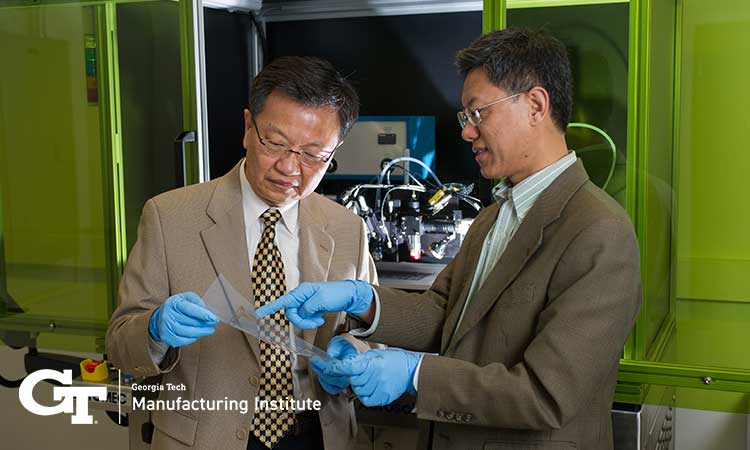
Georgia Tech Manufacturing Institute
GTMI’s major areas of research and development are on the design and development of advanced manufacturing systems targeting secure digital manufacturing, additive and subtractive processes, and large-scale production enterprises.

Georgia Tech Smart Cities and Inclusive Innovation
SCI2 develops innovative approaches to shaping resilient and sustainable communities. Through research and development, strategic partnerships, and cutting-edge programming we bring Georgia Tech's interdisciplinary expertise in technology and policy to the development of smart cities and communities.
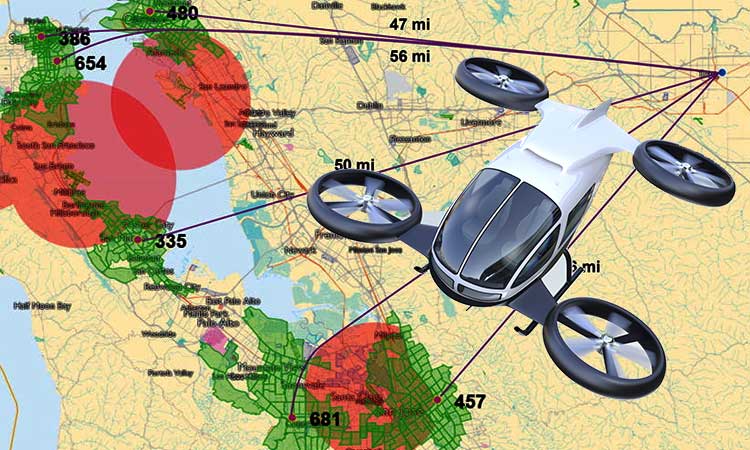
Center for Urban and Regional Air Mobility
CURAM aims to establish Atlanta and surrounding regions in Georgia as a living laboratory for urban and regional air mobility, complementing Atlanta’s existing smart city initiatives and city/regional master plans. Enabling urban air mobility requires the integration of expertise across the engineering disciplines and from experts in policy, economics, and business.
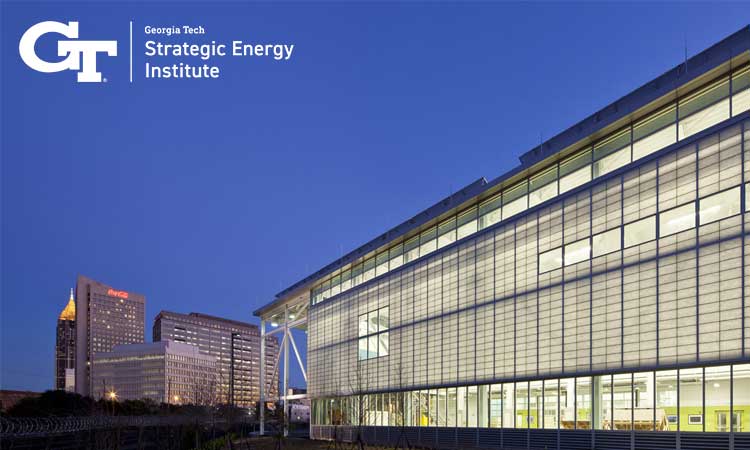
Georgia Tech Strategic Energy Institute
SEI serves as system integrator for the more than 1000 campus researchers working across the entire energy value chain. We are deeply engaged in building community, developing resources, and projecting thought leadership, all with the aim of marshalling the full resources of Georgia Tech around tackling the tough energy and environmental problems society faces.

Center for Quality Growth and Regional Development
CQGRD is dedicated to the study, dissemination, and implementation of ideas and technology that improve the theory and practice of quality growth. Through our research projects, presentations, and academic publications, we evaluate and advocate for policies, planning practices, and technologies that foster quality growth.
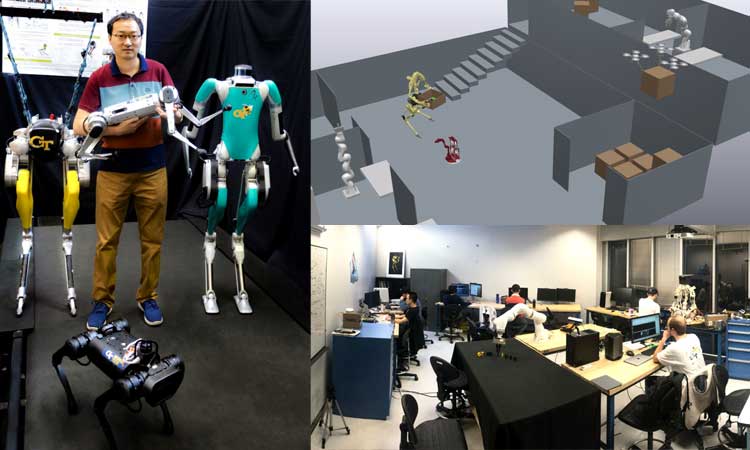
Laboratory for Intelligent Decision and Autonomous Robots (LIDAR)
The LIDAR group aims at pushing the boundary of robot autonomy, intelligent decision, robust motion planning, and symbolic planning. Our long-term goal is to devise theoretical and algorithmic underpinnings for collaborative humanoid and mobile robots operating in unstructured and unpredictable environments while working alongside humans.
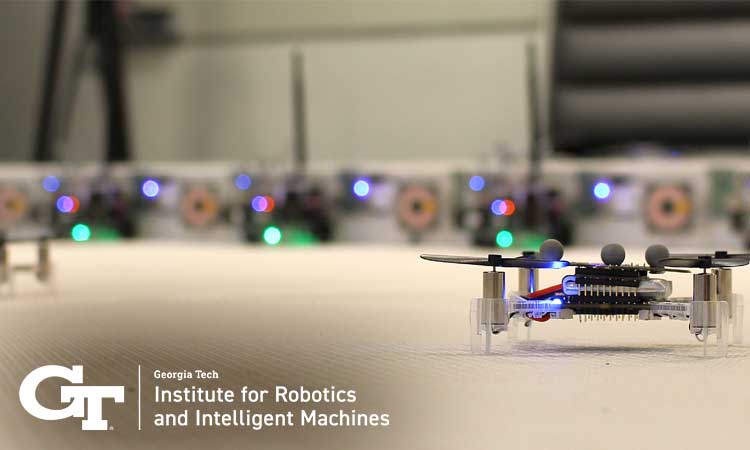
Institute for Robotics and Intelligent Machines
The IRIM at Georgia Tech supports and facilitates the operation of several core research facilities on campus allowing Georgia Tech faculty, students and collaborators to advance the boundaries of robotics research.
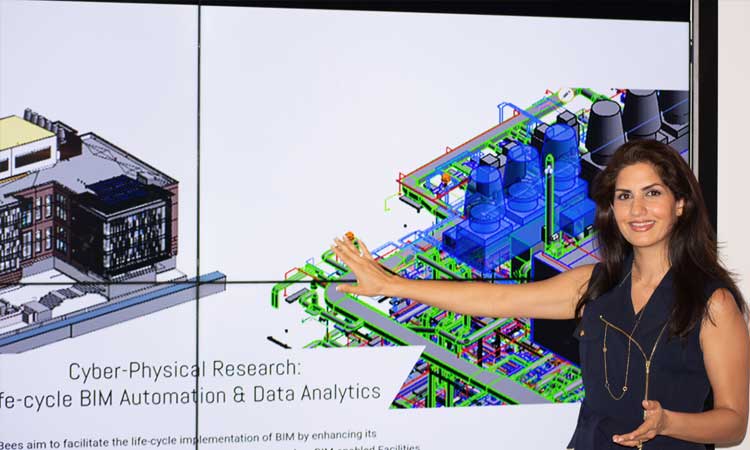
Smart Built Environment Eco-System (Smart Bees) Lab
The Smart Bees Lab at Georgia Tech researches the intersection of cyber, physical, and behavioral systems to create a sustainable and smart built environment. They use emerging technologies, focus on human needs, and aim to propose holistic solutions for a user-conscious, energy-efficient, and harmonized eco-system.
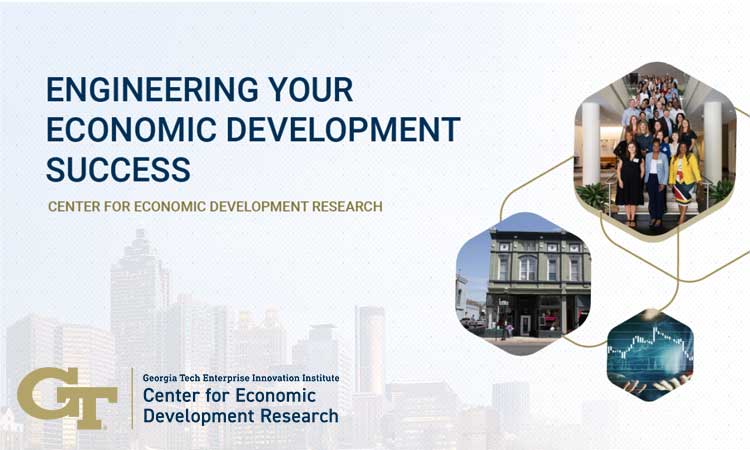
Center for Economic Development Research
CEDR is a collaborative team of economists, city planners, and economic development practitioners. Our talented economic development professionals have the research and implementation experience needed to help economic developers, community leaders, and industries alike understand the opportunities and challenges in fostering local economic development.
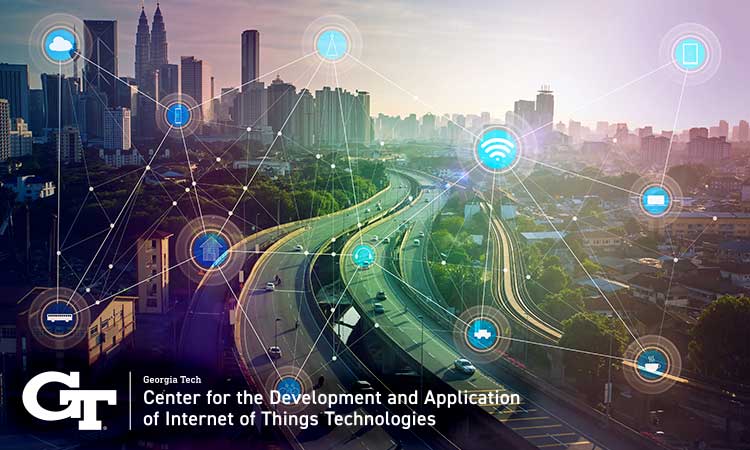
Center for the Development and Application of Internet of Things Technologies (CDAIT)
CDAIT fosters the development of interdisciplinary Internet of Things (IoT) research and education that bridges industry partners with Georgia Tech researchers and faculty as well as other collaborators who share similar interests.

Space Systems Optimization Group
SSOG research tackles complex space system design and mission analysis problems by developing new mathematical methods based on optimization and probabilistic modeling. Our contribution adds a new dimension of system-level modeling/optimization to the traditional space systems and astrodynamics research, with a goal to reduce the cost, time, and effort needed for the space mission design practice.
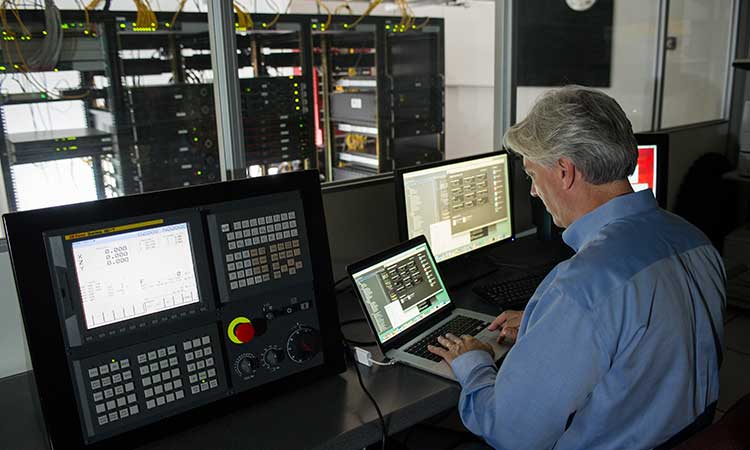
Factory Information Systems (FIS) Center
FIS applies emerging technologies to real-world problems, helping companies improve productivity and decrease costs. Our areas of focus include factory architectures, machine communication, cloud computing, machine learning, artificial intelligence and predictive maintenance.
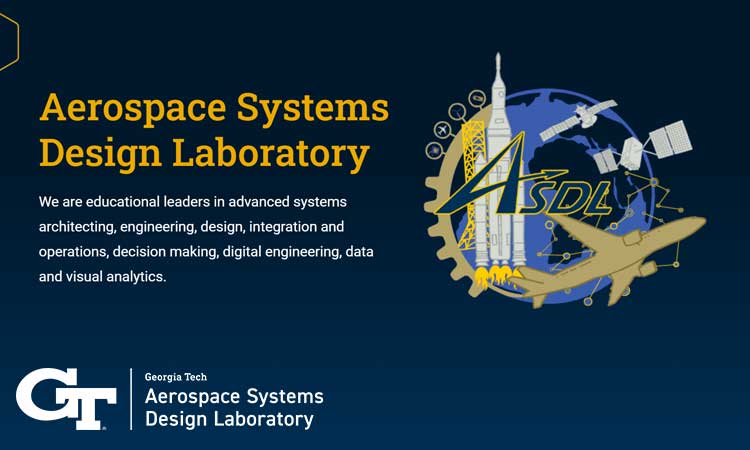
Aerospace Systems Design Laboratory
ASDL is a leader in the area of systems design, architecting, and optimization and is the largest lab of its kind in the world. It is widely recognized for graduate education and research in systems engineering and vehicle design.
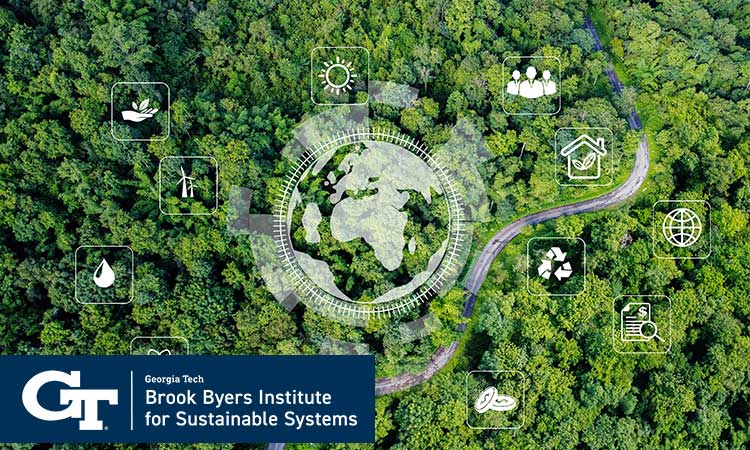
Brook Byers Institute for Sustainable Systems
BBISS aims to improve environmental, social, and economic outcomes by integrating various disciplines to study Gigatechnology. We focus on large engineered systems like transportation, energy grids, and food production, analyzing their interactions with social, economic, and natural systems.
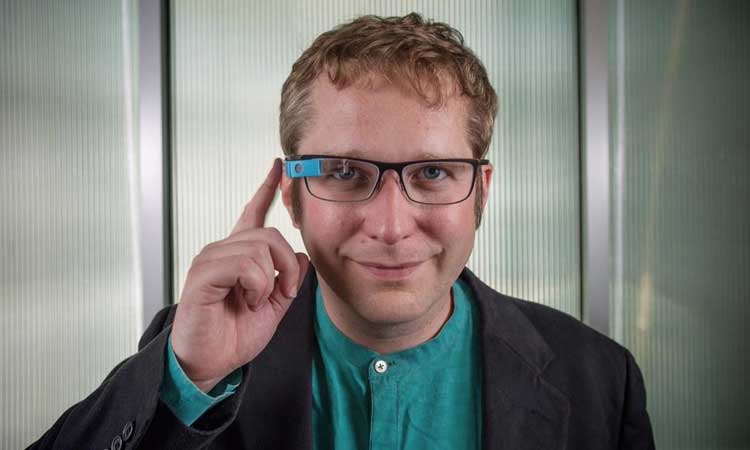
Contextual Computing Group
CCG specializes in wearable and ubiquitous computing technologies, combining AI and HCI to empower users with superhuman capabilities, enhanced learning, and intelligent everyday assistants. Noteworthy projects include Google Glass, Passive Haptic Learning, Passive Haptic Rehabilitation, educational tech for the Deaf community, and Animal Computer Interaction for communicating with dogs and dolphins.